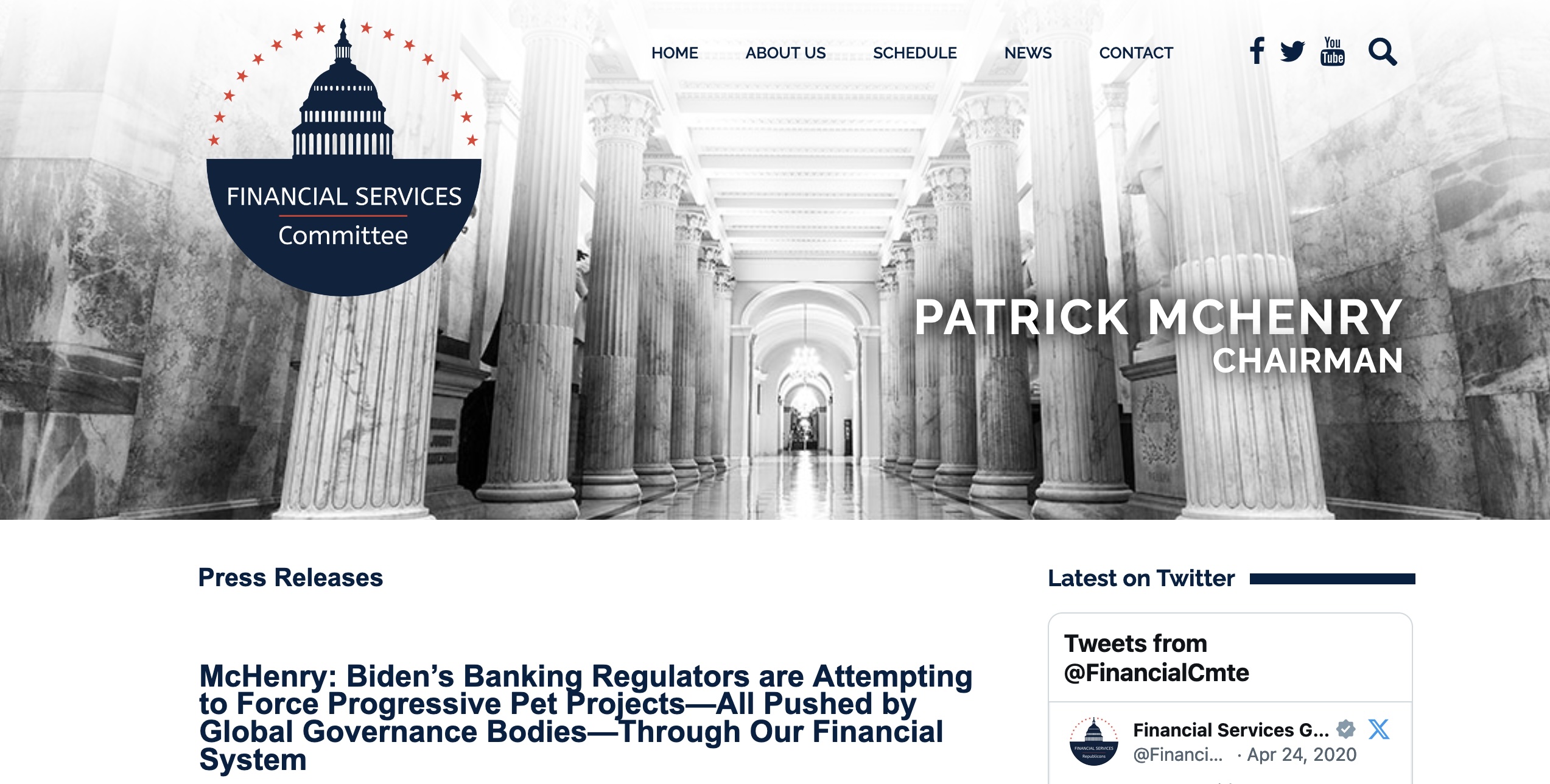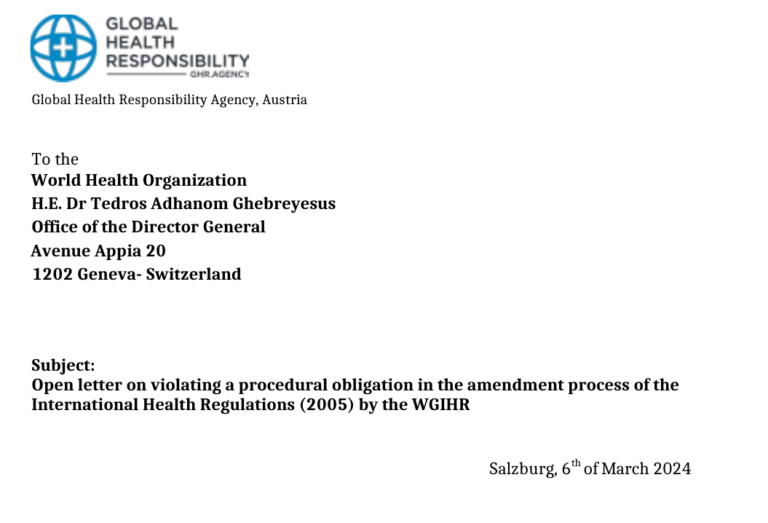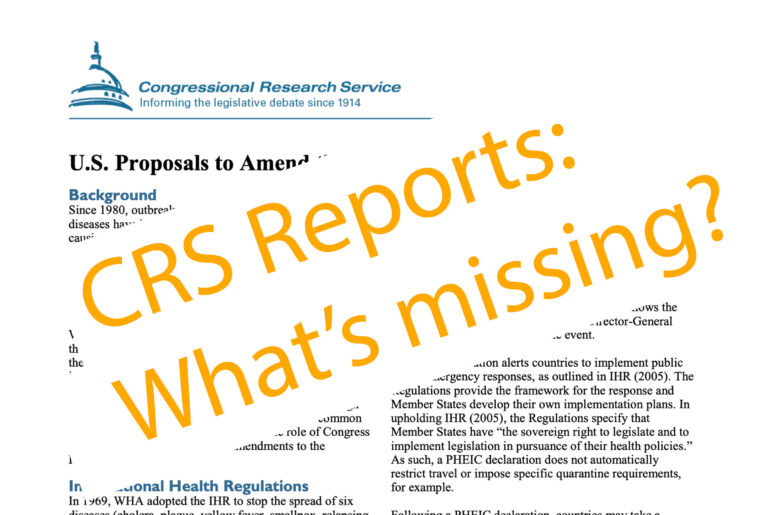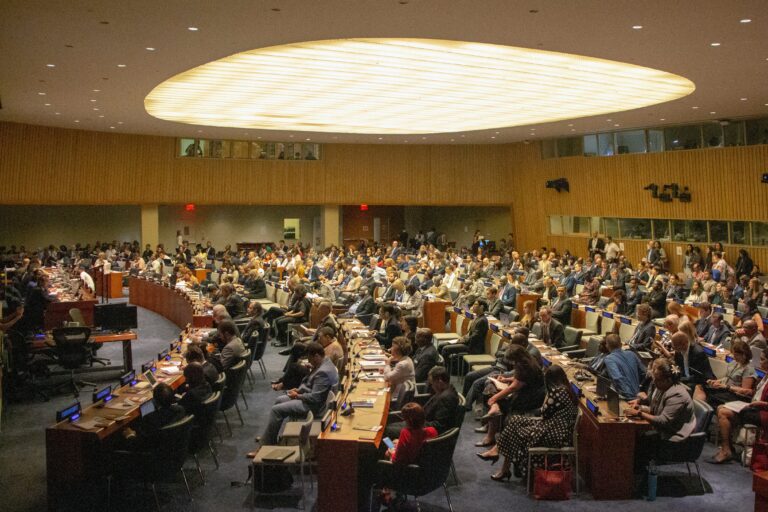“Opaque and unaccountable global governance bodies”
On March 21st, 2024, the House Financial Services Committee held a hearing “on the dangers of ceding authority over American financial regulation to opaque and unaccountable global governance bodies.”
Watch Chairman McHenry’s opening remarks here.
Read Chairman McHenry’s opening remarks as prepared for delivery:
“Thank you to our witnesses for being here.
“Today, we will examine the dangers of ceding authority over American financial regulation to global governance bodies.
“This hearing is a good governance exercise. Currently, there is little visibility into the dealings between our federal regulators and a complex network of international bureaucrats.
“This includes the Bank for International Settlements, Basel Committee on Banking Supervision, and the Network for Greening the Financial System, just to name a few.
“That lack of transparency and accountability raises concerns about the extent to which other countries are influencing financial regulation here in the United States.
“In fact, as recently as 2017, Russian and CCP banking officials have been scrubbing U.S. laws, regulations, and supervisory practices for compliance with Basel rules, sometimes physically on site at our U.S. agencies. That is absurd.
“To be clear, international cooperation can be positive and help set clear rules of the road for financial markets.
“However, when the scale repeatedly tips in favor of our competitors, we have a problem.
“The most glaring example of Federal banking agencies taking their cues from global governance bodies is the Basel III Endgame proposal.
“We’ve heard concerns from Members on both sides of the aisle about the impact of increased capital requirements on families, communities, and small businesses.
“But the proposal would also strengthen the competitiveness of foreign financial institutions at the expense of our own.
“Why would American banking regulators work to weaken our standing on the global stage?
“This is just the first of many questions we have for today’s witnesses from the Federal Reserve, Federal Deposit Insurance Corporation, and Office of the Comptroller of the Currency.
“While you are not the ones setting policy at your respective agencies, you have insight into your organizations’ deliberations, negotiations, and discussions with these international forums.
“I would also remind you that you have a responsibility to be transparent with Congress, and the American people we represent, as we work to fill in these blanks.
“Unfortunately, the lack of transparency by President Biden’s banking regulators feels more like a feature than a bug.
“When Congress has zero visibility into the agency officials and staff participating in various ‘workstreams’ in the global governance bodies—traditionally independent regulators become a breeding ground for politics and partisanship.
“That is why today we will consider a bill to create clear reporting requirements for American financial regulators’ dealings with global governance groups and provide insight into global dealmaking.
“This bill brings financial regulators in line with other American officials, like those at the State Department and USTR, that adhere to clear reporting structures regarding their involvement overseas.
“I’ll finish with this: Biden’s banking regulators are attempting to force progressive pet projects—all pushed by global governance bodies—through our financial system.
“And for those that like those policies in the other party here on the Committee, I would tell you, when the coin flips, I don’t think you’ll like the results of an opaque process in international regulation—I don’t think you’ll like this.
“So, overall, I think this should be a good governance operation and for us to get insight into how these regulators are making decisions.”








